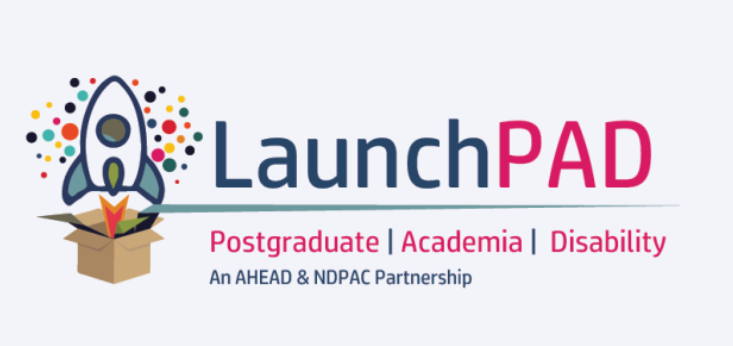Graduate students with a disability or significant ongoing illness can receive relevant reasonable accommodations or supports by attending a short meeting called a Needs Assessment with UCD Access and Lifelong Learning.
Follow these three steps to arrange supports:
- Ensure you have the correct supporting documentation that confirms your disability or diagnosis. Required documents are listed on our UCD Evidence of Disability Form 2023. If you have multiple disabilities, please gather appropriate documentation for each disability.
- Make an appointment by emailing (opens in a new window)disability@ucd.ie. You will then be asked to complete a short form on SISWeb and securely upload your documents there.
- Attend your Needs Assessment appointment to discuss and confirm your supports.
Each year you are registered as a UCD Student your disability supports will roll over; there is no need to have another Needs Assessment meeting each year. However, if you are returning from a Leave of Absence or a break in your studies between degrees, please contact (opens in a new window)disability@ucd.ie to check your supports have rolled over to the new academic year.
If you have had a Needs Assessment and wish to review your supports, you can do so at any time by meeting with a member of the UCD Access and Lifelong Learning team.
For further information, please review UCD Access and Lifelong Learning’s Disability Support webpage.





